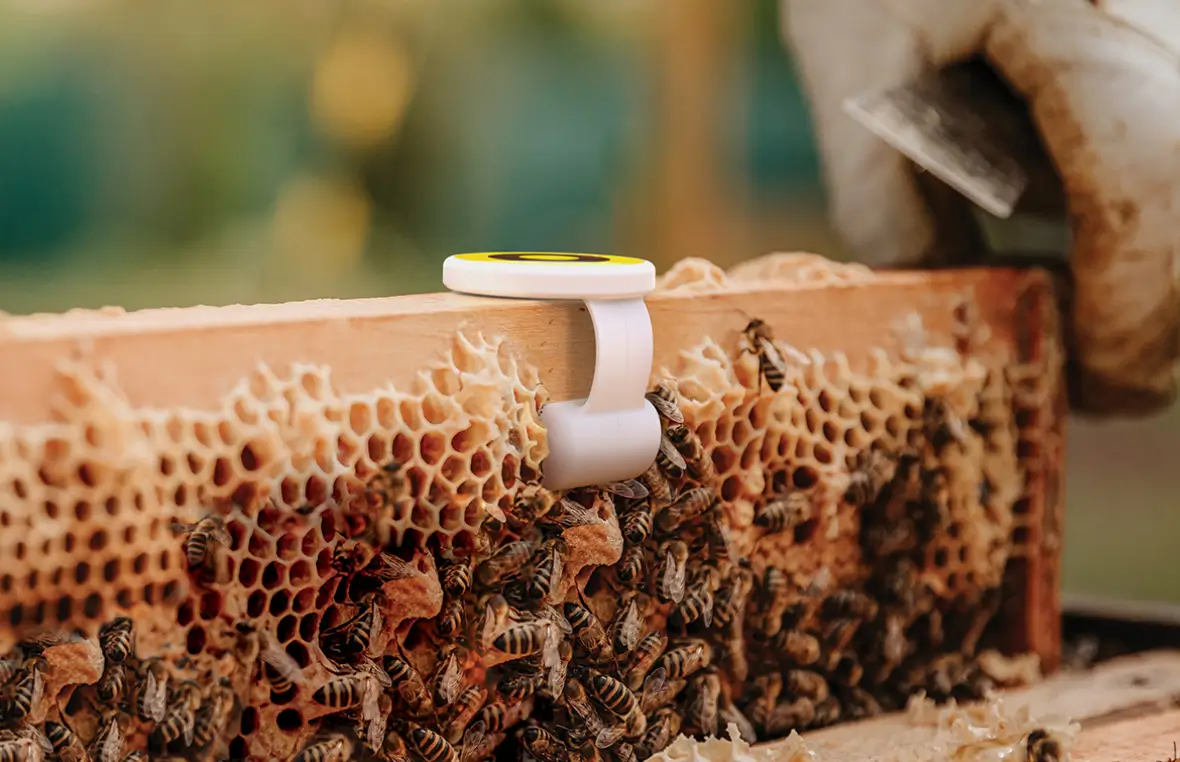This lab is transforming leftover almond shells into power, plastic, and beer
The shells of almonds are often discarded, but they could hold a number of different uses.
Image: REUTERS/Lucy Nicholson
Stay up to date:
Food Security
Have you noticed a rise in almond-based products in recent years? That’s because word has spread on their healthy benefits and they satisfy demand with gluten-free and lactose-free alternatives. However, the rapid rise in production has created massive hull waste, and that’s led to experimenting it with products such as beer and plastic.
Almond production has been holding steady at around 2 billion pounds per year in California since 2011. Prior to 2002, that number never hit a billion, and it’s only been under that mark once since that time. The industry peaked in value back in 2014, but Chinese demand and currency made that number drop, along with severe California drought conditions.
In that production, each almond is inside of a hull or shell that protects the nut. For each pound of almonds, there’s an equivalent two pounds of hulls being left around. These were mostly being fed to dairy cows, but because of the growth of almonds and decline of dairy products, farmers and the USDA are looking at other solutions. Ironically, almond milk has been one of the contributing factors to the decrease in traditional milk.
According to Fast Company, the Almond Board and the USDA have been working on solutions for hulls eight years ago. Creating biofuel was a unique and positive solution, but it couldn’t be the only with the costs needed to create a plantation. This led to cheaper methods to recycle the almond waste.
Extracted sugar from the hulls can satisfy the growing market for craft beer and hard cider. While extremely bitter, it’s a common ingredient for beer makers to add to their stouts or IPAs. Being an alternative to corn syrup, this healthier sugar could also be fed to bees and help decrease a contributing factor to their demise.
Powder from an almond shell could have various enhancement uses that would replace petroleum. Combined with the biomass used to create bioplastic, more stable and durable products would be created. Petroleum, which is used to create plastic, also helps turn tires black, but this same powder could provide an alternative to that process.
Startups will likely form with the scientific research going into new recyclable uses for almond husks. The USDA believes that enough people are willing to take a risk on new products that they are able to create. One researcher, Bill Orts, gives Fast Company an example of fast food companies prolonging apples with a mixture of vitamins.
Almond production isn’t going to be decreasing anytime soon with so many people transitioning toward healthier food and it provides a good alternative for those that suffer from allergies. It could double-down in its usefulness with other products created from its hull.
Don't miss any update on this topic
Create a free account and access your personalized content collection with our latest publications and analyses.
License and Republishing
World Economic Forum articles may be republished in accordance with the Creative Commons Attribution-NonCommercial-NoDerivatives 4.0 International Public License, and in accordance with our Terms of Use.
The views expressed in this article are those of the author alone and not the World Economic Forum.
Related topics:
Forum Stories newsletter
Bringing you weekly curated insights and analysis on the global issues that matter.
More on Food and WaterSee all
Pepe Puchol-Salort and Nicole Cowell
June 30, 2025
Chiara Cecchini
June 25, 2025
Zulfiqar Hamadani and Shahad Nejaim
June 25, 2025
Noopur Desai and Carrie Zhang
June 25, 2025
Valeria Kogan
June 24, 2025






